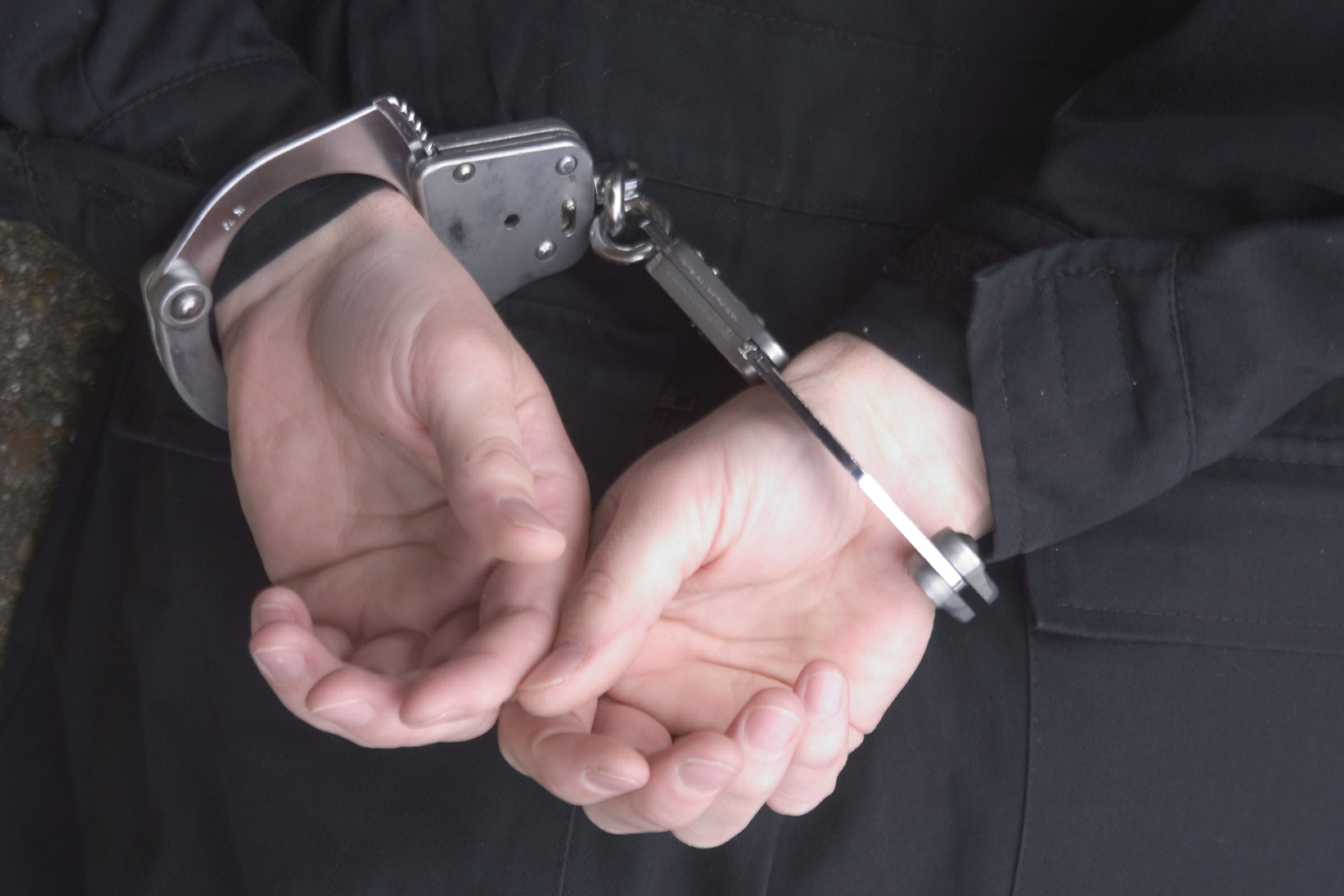Annual terror arrests rise for first time in six years
The figures also showed there were 244 prisoners behind bars for terrorism offences last year.

Your support helps us to tell the story
From reproductive rights to climate change to Big Tech, The Independent is on the ground when the story is developing. Whether it's investigating the financials of Elon Musk's pro-Trump PAC or producing our latest documentary, 'The A Word', which shines a light on the American women fighting for reproductive rights, we know how important it is to parse out the facts from the messaging.
At such a critical moment in US history, we need reporters on the ground. Your donation allows us to keep sending journalists to speak to both sides of the story.
The Independent is trusted by Americans across the entire political spectrum. And unlike many other quality news outlets, we choose not to lock Americans out of our reporting and analysis with paywalls. We believe quality journalism should be available to everyone, paid for by those who can afford it.
Your support makes all the difference.The number of terror suspects being arrested in a year has risen for the first time since 2017.
Home Office figures show police made 219 arrests in relation to alleged terrorism-related activity in Britain last year, including a record high for the number of children.
This is a 31% rise on the 167 recorded in the previous 12 months to December 2022, making it the highest number of this type of arrest since 2019 when 282 suspects were held.
It means it is the first time in six years – after 467 arrests were made in 2017 – the number of terror suspects detained has increased compared to the previous year.
Of the 219 arrests in 2023, 61 (28%) resulted in a charge, with 57 suspects facing prosecution over terrorism-related offences.
Some 46 (21%) people were released without charge, 98 (45%) were bailed while investigations continued, while 12 (5%) faced “alternative action”, which could include being handed a caution or being recalled to prison. At the time the data was provided, decisions had not yet been made about two other suspects.
As with previous years, the majority of people arrested (71%) were British nationals, or people who held British dual nationality.
Although the proportion of arrests of children remained the same as the previous year (19%), the number of arrests for suspects aged 17 and under rose from 32 to 42.
This is the highest number of arrests in this age group since records began over 20 years ago. Just three youngsters were arrested in the year to December 2002.
Labour’s shadow home secretary Yvette Cooper branded the figures on child arrests – which come in the wake of warnings about the growing risk of online radicalisation – “alarming” as she called for “urgent action” to stop young people being drawn into “poisonous ideologies”.
The Government said it was “committed” to giving police and intelligence services “all the necessary tools” to fight the “evolving threat of terrorism”, adding: “That is why we have bolstered powers for those protecting us and introduced tougher sentences for the most dangerous terrorists.”
The figures also showed there were 244 prisoners behind bars for terrorism offences last year, the majority of which (65%) were classed as holding Islamist-extremist views, while 26% held extreme right-wing ideologies and 9% were deemed to have other motivations.
A total of 56 terrorist prisoners were freed from jail in the year to September, according to the latest available data.